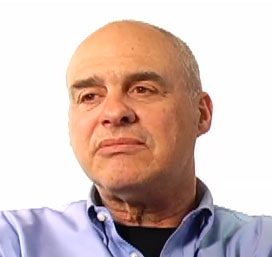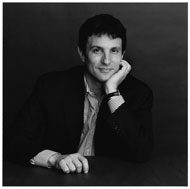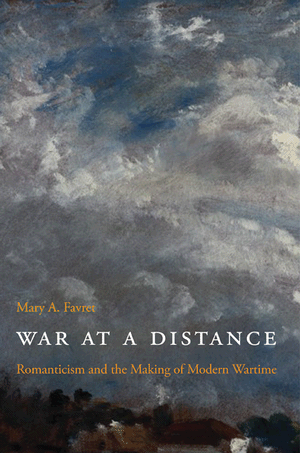Glen Whitman writes that economic interventions by policymakers to address anomalies in human behavior “create a serious risk of slippery slopes toward ever more intrusive paternalism.”
All Articles
About 4.4% of American adults are believed to have attention-deficit hyperactivity disorder, and more and more of them are being diagnosed and treated with medication.
Yassin Musharbash writes that banning women from wearing burqas won’t solve the underlying problems of Muslim immigration and integration that plague Western societies.
A team of researchers are hoping to find 30,000 years of climate records in the rings of preserved kauri trees in the peat bogs of New Zealand.
With tenure-track positions dwindling at universities, Peter Conn writes that humanities faculties need to “articulate our contribution if we hope to find increasing levels of support for the work we do.”
As many as thirty percent of Americans have allergies, and most of the pollen they are affected by comes from trees planted nearby. Cities could relieve sufferers by planting low-pollen street trees.
Bestselling cookbook author and New York Times food columnist Mark Bittman stopped by the Big Think offices a few weeks ago to talk with us about eating, cooking, and the […]
At the New York Review of Books Blog, controversial Catholic theologian Hans Küng blames the celibate priesthood for the epidemic of child rape in the Catholic Church. (The term “rape” […]
David Remnick appeared on Meet the Press yesterdayto discuss his book on Obama. Among other things, he noted how careful the President is in understanding the need for nuance when […]
Today marks the fourth installment of Big Think’s series on business sustainability, sponsored by Logica. For the next nine Mondays (through June 8, 2010), we will release in-depth discussions with top European […]
Ted Leonsis says his 25 years as an entrepreneur and investor have shown him a link between pursuing happiness and achieving financial success in business.
Maia Szalavitz looks at research into the addictive quality of fattening foods, which suggests that long-term exposure to fattening items make users less likely to derive pleasure from them.
A state-government default would have all sorts of unpleasant consequences, writes James Surowiecki, but, luckily, U.S. states can count on help from the federal government.
Great competition doesn’t always inspire greatness. When people compete against a superior peer at the top of his game, they often don’t rise to the challenge. Instead, they often just give up.
John Plender looks at the concept of “moral hazard” — the idea that providing a safety net for the banking system during times of financial crisis will only encourage more risk taking later on.
George Prochnik writes that the ever-present background noise in modern society is more than annoying — it’s actually harmful to our cardiovascular health and concentration, as well as our political discourse.
Jakub Grygiel gives eleven reasons why the study of classical history, and writers like Herodotus and Thucydides, are still vital to a modern education.
President Obama’s challenge in taking on Wall Street is not unlike a similar challenge that was faced by President Teddy Roosevelt just over a century ago, write Simon Johnson and James Kwak.
Researchers have come up with a reason why sand grains can build up electrical charges as they collide with one another — sometimes to the point of creating lightning during dust storms and volcanic eruptions.
Scientists have figured out a new technique for revealing images of hidden objects which could one day allow doctors to see more precisely through the human body without surgery.
A story in the New York Times reveals that the rise of unpaid internships may be illegal: employers may be violating the federal guidelines which determine whether a position can […]
NAACP President Benjamin Jealous was thrilled (though not surprised) to see Barack Obama elected in 2008. And he’s willing to give Obama “wide latitude” during this first phase of his […]
When a bullet from the muzzle of a high powered rifle hits the flesh of a human target, the skin is instantly eviscerated by the speed of the bullet’s hot […]
It’s a common truth now that as much as we create our culture, our culture also creates us. Like Frankenstein’s monster acting with a mind of his own, culture eludes […]
I would like to thank all the people who showed up on Thursday in New York to be part of filming Sci Fi Science, second season. We filmed two episodes […]
Apple’s appeal has gone beyond good business inspiring in its customers firm loyalty to the brand and a following that resembles religious devotion.
Homosexual activity has been documented in many animal species but labeling animals as gay carries social baggage that scientists want to keep out of their research.
The Los Angeles Times calls for studies on the effects of secondhand smoke in outdoor environments in order to determine whether smoking outdoors should be banned.
March Madness isn’t the only insanity surrounding the American (and global) obsession with sports but just how skewed have our priorities become?
Treasury Secretary Geithner has delayed his report to Congress on the Chinese currency hoping to persuade China to appreciate the Yuan soon.








